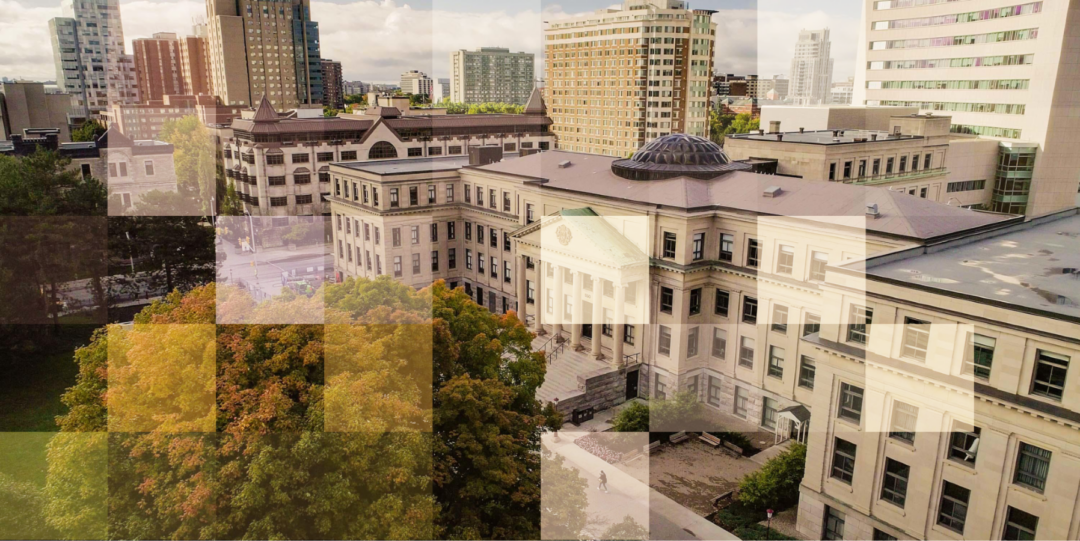Original post on June 16, 2023 | Updated June 18, 2023
The National Archives has yet to open almost 18,000 boxes of historical papers, including some received more than 50 years ago, the federal Heritage Department has revealed.
Boxes of private papers given to the archives by prominent Canadians in 1971, to be stored for posterity, have yet to be opened, along with government papers received in 1973.
Michael Wernick, the former head of the public service, said the archives – the repository of important government files and personal papers, including those of former prime ministers – resembles “the vast storage house at the end of one of the Indiana Jones films.”
Canadians can view a vast treasure trove of historical material in the nation’s archives, such as minutes of cabinet discussions, including about Canadian arrangements for Queen Elizabeth’s coronation in 1953.
But Mr. Wernick, former clerk of the Privy Council, said haphazard record-keeping in Ottawa is impeding the public’s ability to access the information. He said storing and organizing the flow of documents and other material requires constant effort and government investment.
“Old records can become very relevant to requests under ATIP [Access to Information and Privacy], disclosure in litigation, and production of documents for parliamentary committees or commissions of inquiry, as well as academic research,” he said.
In reply to questions from Senator Don Plett, the leader of the opposition in the Senate, Libraries and Archives Canada disclosed it had 14,936 unopened boxes containing private archives and 2,949 boxes of government archives.
It said it did not know how old the documents in the boxes were.
“Until the boxes have been physically opened at the selection process step, it is not possible to provide a date of the oldest unopened private archives,” it said in the response. “Until the boxes have been physically opened at the accessioning step, it is not possible to provide a date of the oldest ‘unopened’ government archival records.”
It said that every year it “assigns resources to integrate the historically significant ‘unopened’ boxes” into its collection. However, new material is constantly arriving for it to sort through.
Since a report in 2014 by the Auditor General highlighting the backlog at Library and Archives Canada, the number of unopened boxes containing government archives has been reduced from98,000 to almost 3,000.
“It is good to see that LAC is reducing the backlog of unopened boxes. That being said, still having boxes that remained unopened after 50 years or so shows that there is still a lot of work to do,” Senator Plett said. “The Canadian government needs to support LAC in its crucial work. We need to make sure that future generations will have access to all the documents necessary to understand how and why decisions were taken by their government and what the impact of those decisions were.”
Library and Archives Canada has 250 kilometres of documents, 30 million photographs, and 425,000 works of art in its collection, as well as more than 20 million books. It also houses more than 550,000 hours of audio and video recordings, including newsreels.
Cabinet minutes include a paper marked “secret” recording a report by former prime minister Pierre Trudeau about his state visit to the Soviet Union in 1971 in the midst of the Cold War. The archives also have a briefing book of the visit when an accord was signed between Canada and the Soviet Union.
Among the private papers the public can read are affectionate personal letters former prime minister Wilfrid Laurier wrote to his wife Zoe.
The archive also has material about Canada’s former ambassador to Iran, Ken Taylor, who in 1979 sheltered a group of Americans working at the U.S. embassy in Tehran, who escaped after it was stormed and the occupants held hostage.
The clandestine operation included giving the U.S. diplomats Canadian passports and identities of a Hollywood film crew so they could be smuggled out of the country. The top-secret venture inspired the movie Argo.
Richard Provencher, spokesman for Libraries and Archives Canada, said it prioritizes the processing of material based on preservation concerns, the interest of its clients, donor agreements and its own and the government’s priorities.
“The volume of material received by Library and Archives Canada (LAC) surpasses our capacity to process it,” he said. “The volume of material has been increasing since the mid-20th century, and exponentially so since the advent of the digital knowledge economy.”

